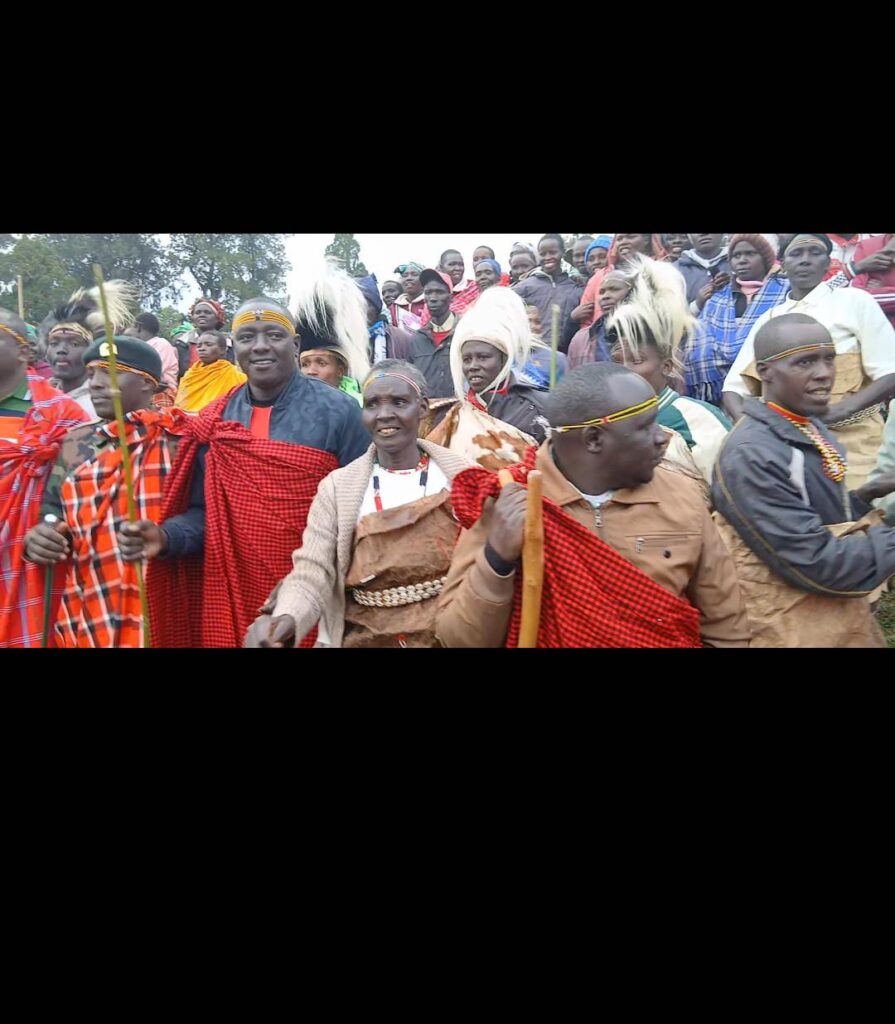Sengwer’s Call to Protect Nature
he Sengwer story debunks conservation paradigms that exclude indigenous peoples. It defends the value of people who have coexisted with nature for

The Sengwer traditions are conservation systems. Beekeeping is an essential practice. Singing under the hives by women is done during honey collection.
By Valary Kimathi
It is there in the misty Cherangany Hills of western Kenya that the Sengwer people live. They are part of the country’s diminishing number of forest dwellers. For centuries, they have depended on the Embobut Forest for sustenance, shelter, and identity. The forest to the Sengwer is more than an asset. It is a living relative and an ancestral home. Every tree, spring, and bird holds spiritual meaning.
The Sengwer traditions are conservation systems. Beekeeping is an essential practice. Singing under the hives by women is done during honey collection. Their songs incorporate praise of living in harmony with nature and making sure that honey is collected sustainably. The sacred groves are not touched. The spaces are kept untouched and maintain biodiversity and preserve water sources. Elders also pass oral traditions that contain knowledge about the earth. They use stories and proverbs to teach respect for nature. There are tales of birds warning people of impending danger. This kind of morality instructs the people to listen to the forest’s signs.
Today, the Sengwer combine tradition and technology. They map their territory through participatory mapping. Smartphones help them monitor illegal logging and land encroachment. This activity shows how indigenous knowledge and technology can be paired.
But the Sengwer face challenges daily. They have been evicted from the forest again and again for many years. Some of these evictions have been violent. Livelihoods were destroyed. Homes were destroyed. Nevertheless, they continue to resist defending their right to return. Their demand remains simple: “Let us back into the forest—we know how to tend it.”
Their resilience has won them international acclaim. The Sengwer story debunks conservation paradigms that exclude indigenous peoples. It defends the value of people who have coexisted with nature for generations.
Culture for the Sengwer is more than heritage. It is a sourcebook for preserving the environment. Their stories, rituals, and songs are full of life lessons. In a world threatened by climate change and deforestation, these lessons become more important every day. The Sengwer are teaching us that the solution may very well be in the customs passed down through generations. What their lives demonstrate is how to mend the earth by treating it as a living co-partner and not as something to exploit.





